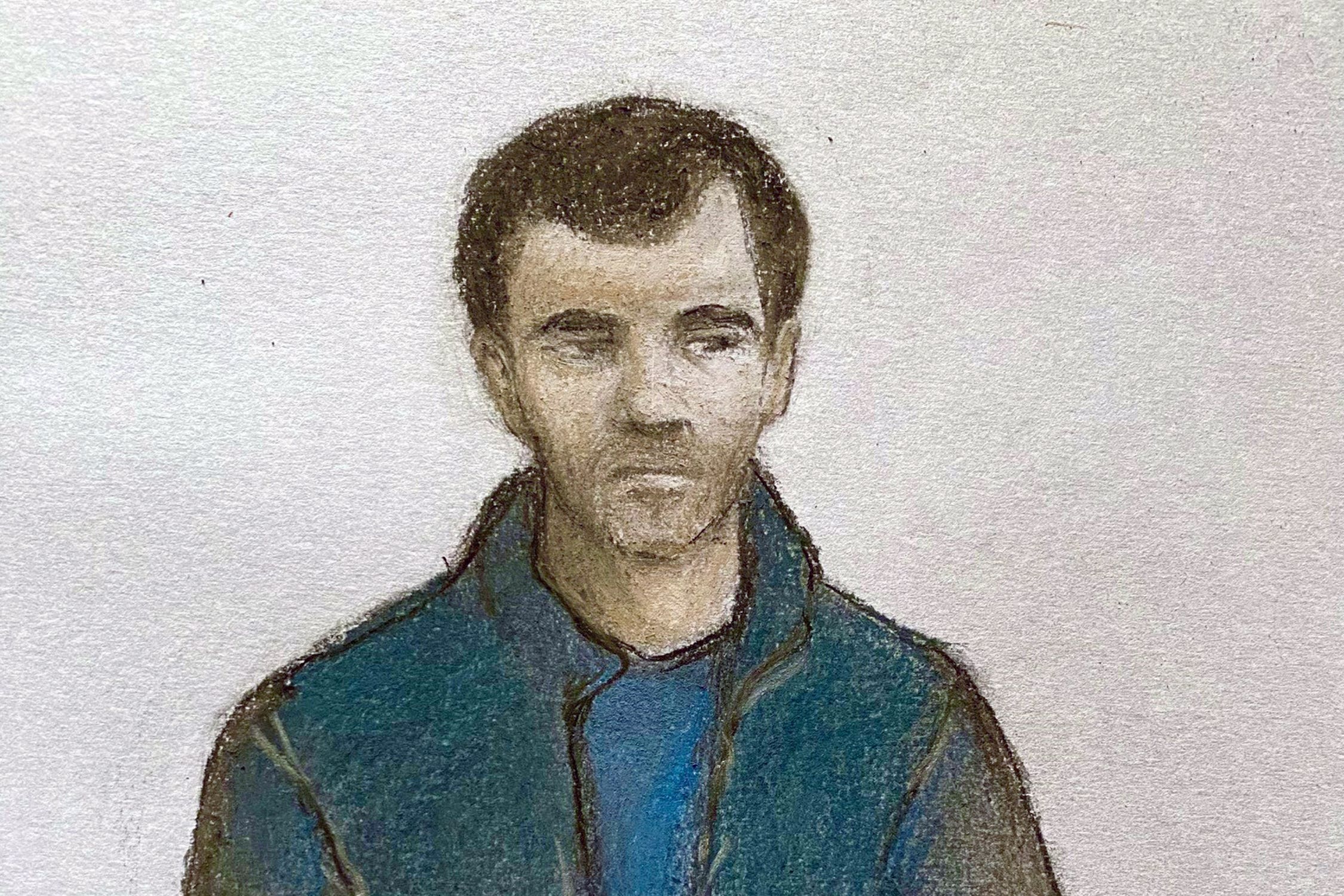Suspected Russian spy claimed to be working for Interpol, court told
Tihomir Ivanchev, 39, Vanya Gaberova, 30, and Katrin Ivanova, 33, are on trial at the Old Bailey accused of being part of a network of spies.

A UK-based Bulgarian claimed to be working for an Interpol agent after being arrested for alleged spying for Russia, a court has heard.
Tihomir Ivanchev, 39, Vanya Gaberova, 30, and Katrin Ivanova, 33, are on trial at the Old Bailey accused of being part of a network of spies targeting people and places of interest to the Russian state over three years.
It is alleged they were variously involved in six operations including a plot to stage a fake demonstration with pigs’ blood outside the Kazakhstan embassy in London and intelligence gathering at a United States airbase in Germany where it was believed Ukrainian troops were being trained.
Following their arrests last February, Gaberova and Ivanova denied wrongdoing and Ivanchev claimed he thought he was being paid by an Interpol agent.
But prosecutor Alison Morgan KC told jurors on Thursday: “This was a high-level, sophisticated espionage operation with significant financial rewards for the defendants.
“The prosecution invites you to consider it is inconceivable that any of the defendants were entrusted with these complex tasks, completely unaware of the true reason that they were being tasked.”
Following his arrest, Ivanchev, of Acton, west London, told police that his “life was f***ed” after he met Gaberova, jurors heard.
He told police that she had been his girlfriend and introduced him to a man called Biser Dzhambazov, saying he was an Interpol agent but that he was ill with cancer.
Ivanchev said he had been tasked by Dzhambazov to do jobs in Vienna and Montenegro, travelling there three or four times.
Ms Morgan said: “Ivanchev set out how he had become involved in following individuals, taking photographs and videos, booking travel and conducting research on the internet.”
He said that he knew Dzhambazov’s girlfriend Ivanova, of Harrow, north-west London, was on some trips and that he had been in contact with Orlin Roussev who was “leading” everything.
Ivanchev also disclosed he was paid 200 euros a day, dropping to 150 euros, the court was told.
However, he said he felt “stupid” to have got involved in operations without ever seen a badge or documentation to confirm Dzhambazov’s Interpol credentials.
Despite living with Ivanov, Dzhambazov was arrested while naked in bed with beautician Gaberova at her home in Euston, north London, jurors heard.
Ivanova was arrested at medical courier company the Doctors’ Laboratory, where she and Dzhambazov had worked, the court was told.
On being cautioned on suspicion of offences under the Official Secrets Act, she said: “I don’t have any idea of those things.”
Both Dzhambazov and Roussev have already admitted spying for Russia, said to be under the direction of Russian agent Jan Marsalek, an Austrian national.
The defendants’ conduct was prejudicial to the safety and interests of the UK, according to the deputy national security adviser Matthew Collins.
Ms Morgan said: “Mr Collins explains that the UK’s most pressing national security and foreign policy priority in the short to medium term is to address the threat posed by Russia to European security.”
The attempted assassination of Sergei and Yulia Skripal in the Salisbury poison attack showed Russian Intelligence Services were prepared to kill on UK soil, the court was told.
As a consequence, the Government had worked to make it harder for Russia to carry out covert action, leading to them increasingly using non-Russian operatives.
Ms Morgan said Russia was an “enemy” state in the sense that it posed a national security threat, even though it was not at physical war with the UK.
The defendants have denied a charge of conspiracy to spy between August 30 2020 and February 8 2023.
Ivanova has denied a second charge of possession of false identity documents with improper intention under section 4 of the Identity Documents Act 2010.
The Old Bailey trial continues.
Bookmark popover
Removed from bookmarks